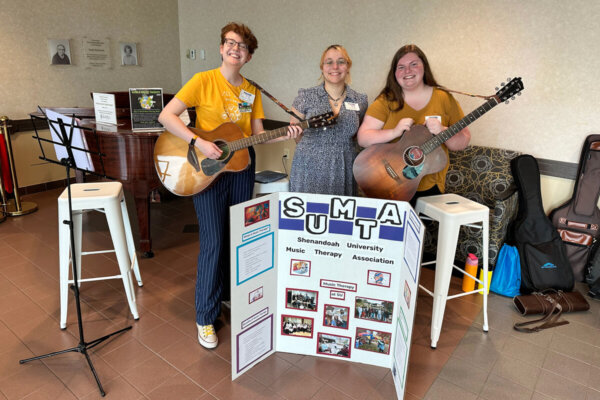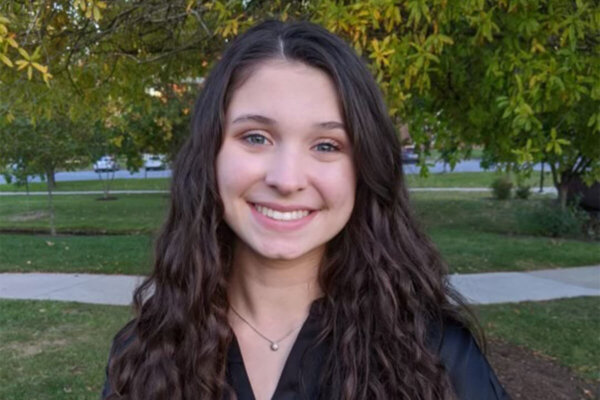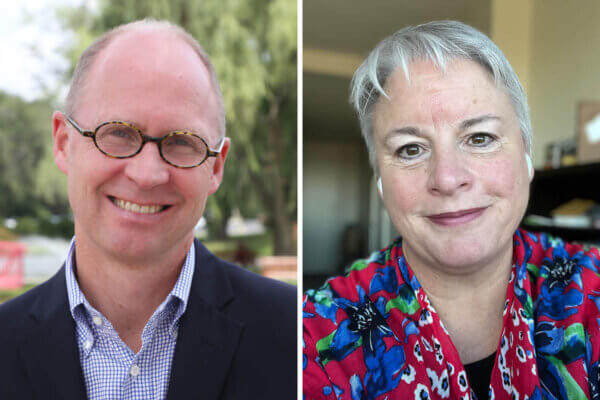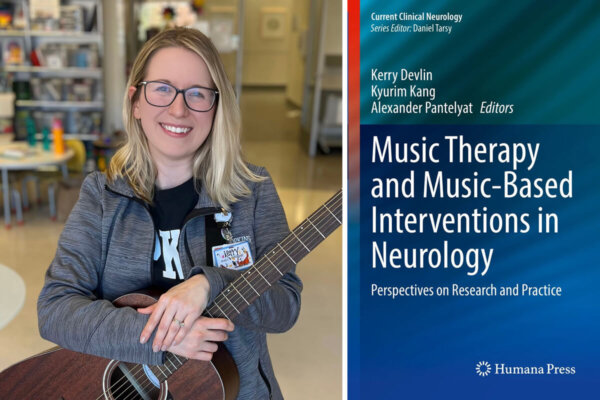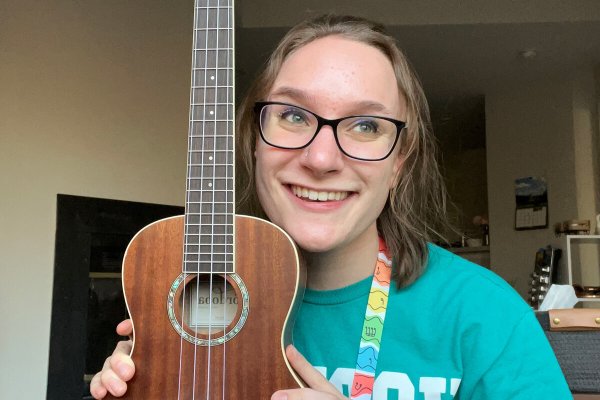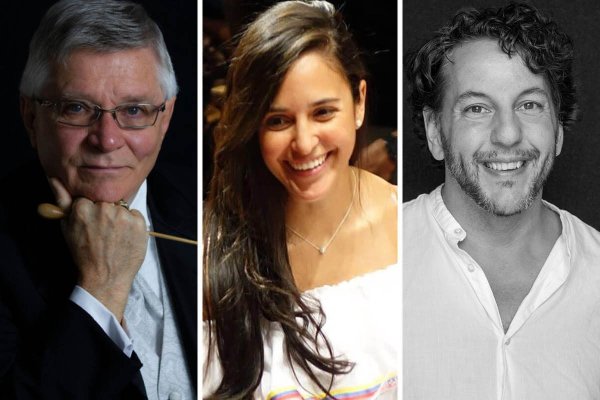Music Therapy Makes a Difference
Music therapy is a rapidly developing field that bridges the arts, sciences and humanities. At Shenandoah, this means you can have experiences as diverse as performing with the orchestra on an international tour of South America, taking classes in the virtual reality lab, working alongside nursing, pharmacy and occupational therapy students in the interprofessional education program, completing a clinical placement at INOVA hospital, and attending the World Congress of Music Therapy in Japan as part of an academic course!
All these experiences prepare you to work professionally as a music therapist. Our students are very successful finding jobs in the field after graduation, and our first time pass rate for the CBMT board certification exam is above the national average.
In addition to your academic coursework, you have the opportunity to participate in a wide range of special events, including Music Therapy Colloquium, the Lunch and Learn series, Graduate Research Symposium, and workshops with guest presenters. SUMTA, our student music therapy association, works actively to schedule special events and socials each semester to build community and connections between students.
Our faculty bring together more than 30 years of clinical and teaching experience, and many are still working clinically. This keeps our teaching strongly connected to clinical practice, and strengthens your experiences preparing for internship and professional life.
Bachelor of Music Therapy
Shenandoah’s Bachelor of Music Therapy program prepares you to work professionally as a Board Certified Music Therapist with clients in school, medical, mental health, hospice and rehabilitation settings. Our program offers both a classical and jazz emphasis and you are immersed in the energy of the Conservatory, taking classes and performing alongside dance, theater and performance majors.
Master of Music Therapy
Shenandoah’s 34-credit Master of Music Therapy degree provides advanced theoretical, clinical and musical knowledge and skills for those who already have the MT-BC credential and wish to advance their clinical practice knowledge, while developing skills as a researcher. As a distance learning program, students travel to campus three weekends each semester for intensive study, completing additional work through distance learning formats.
Professional Studies Certificate Program
Shenandoah’s Professional Studies Program for Music Therapy Certification Eligibility provides a comprehensive course of graduate-level study for students who have completed an undergraduate degree in music or a related field (e.g. music education, psychology, liberal studies, etc.) and wish to become Board Certified Music Therapists (MT-BC). Classes are held on campus two days a week and students work in small cohorts throughout their studies. The program is completed in two years, including internship.
